How to Eat When Your Meds Ruin Your Appetite
Staying Fed — ADHD Eating + Cooking Advice
when you gotta eat but don't wanna
One of the most annoying side effects of ADHD stimulant medications is suppressed appetite.
This is wildly inconvenient for a multitude of reasons, but one that's particularly paradoxical is that ADHD symptoms get *way worse* if you're not adequately fed.
Personally, my appetite goes out the window once my stimulant meds kick in. To combat this, I've found some routines that help me get food in my belly during these appetite-less times. Maybe some of these ideas could work for you too!
This post is mainly focused on the more “administrative” part of eating. Stay tuned for a follow-up post on actual meal/ food ideas for when you accidentally went way too long without food.
00. First and foremost
I'm absolutely not, in any way, a nutritionist. This post contains anecdotal advice from myself, what I've learned from my doctor, what I've read online, and what I've gathered from the ADHD community.
This *is not* a replacement for professional medical advice. PLEASE talk to your doctor if your meds are impacting your appetite, especially if you have a history of disordered eating.
I've worked closely with my doctor regarding appetite because of my own history with eating and wound up switching meds a handful of times before finding the right fit.
Again, please, talk with your doctor or a nutritionist for guided, specialized care for your unique situation.
Okay and now on to the tips.
01. Eat ~with~ your meds
When first prescribed stimulant meds as an adult, my doctor recommended that I take them with meals if my appetite started to suffer.
Well, it did. So I started taking my meds with meals.
Not only did this habit provide a good reminder to eat in and of itself, but my doctor also emphasized that eating with stimulant meds can help them release more steadily into your body.
If you've got an overly enthusiastic metabolism like myself and you feel that meds run through your system too quickly, this might help.
At least it did for me.
I find that eating at the same time I take my meds keeps me consistent with meals— especially because I take instant release meds at a consistent interval throughout the day.
When my appetite just really isn't there, I opt for a tiny snack vs a whole meal. I just try to get *something* in my body every time I take my meds.
02. Eat ~before~ your meds kick in
Another option for eating around/ with your medication is eating before they kick in. If you're someone who wakes up in the morning with a hearty appetite, this could work great for you!
This is a trick often recommended for feeding kids on stimulant meds, but it works just as well for adults.
I, for one, can definitely feel the difference in my meds when I'm properly fed beforehand vs when I'm not eating enough.
It's a similar feeling to how my medication feels when I'm sleep-deprived vs well-rested. My meds just seem to work better.
Personally, I try to eat before my meds kick in as much as possible, even if I'm not usually a ~breakfast~ person.
I find that if I eat early in the day, my appetite is more likely to stick around through the afternoon. That's totally worth it to me.
03. Make it lux
If food just seems bland and uninteresting and that deters you from eating meals, spice them up with flavor. You don’t need a whole bunch of effort to make your meals feel fancier if you've got the right ingredients.
I find that adding some extra sourness like Lemon or Lime juice can brighten up a "flat" dish.
Also, Chili Oil and Hot Sauce are awesome ways to add interesting texture and spice to plainer foods like Rice, Bagles, or Toast.
I mean, there are a ton of ways to make food tastier that only require a sprinkle, splash, or scoop.
Salt, Chutneys, Dips, Salsas, Sour Cream, Yogurt, Sauces, and fresh Herbs can *really* take foods from lackluster to lux.
These tricks are especially important if you often opt for pre-made meals, fast food, or very simple convenience foods. Especially, especially, if you get kinda bored of those recurrent meals, like me.
Many quick-to-eat meals are likely not going to meet your unique tastes and preferences, regardless of whether or not your appetite is present.
It's totally okay and encouraged to spruce up your meals!
04. make it bland
Yeah, so, the opposite of the last tip. If your appetite is out the window and food just seems like way too much of a sensory overload, go for the blandest thing you can imagine.
My sister recently cued me in on my new favorite appetite-less meal—Plain Instant Oats.
Like. Plain Plain.
Oats, Water, a pinch of Salt.
Throw it in the microwave for a few minutes.
Enjoy! Or, at least, eat.
It’s kind of cardboard-y in that it tastes like nothing. There’s a bit of texture so it feels like you’re not just eating mush. It’s adaptable so if you start eating it and you decide to head back to Tip 3 and make it lux by adding Brown Sugar or sliced Fruit, you totally can.
A post-in-the-works on meal ideas for when you forget to eat is basically now sponsored by this meal. It’s the best!!!
If plain Oatmeal isn’t your jam—try plain White Rice, Brown Rice, Quinoa, Cream of Wheat, etc.
05. Look for hunger cues besides tummy growling
The podcast Food Psych ↗ has taught me a lot about looking for hunger cues beyond the classic tummy rumble, and I think it's super important for those of us with ADHD to pay extra attention to what our hunger looks and feels like.
For many of us, our ADHD symptoms often get waaayy worse when we're hungry. That's because many of the common hunger cues that people experience are things we ADHD folks struggle with on a day-to-day basis.
Some common ways hunger shows up:
Irritability
Difficulty concentrating
Anxiety
Low or depleted energy
Inability to focus on tasks
Frustration
Emotional dysregulation
Sound familiar?
ADHD and hunger can have a lot of overlap from individual to individual.
When we don't have enough food in our system, these hunger cues compound on top of our existing ADHD struggles and make life unnecessarily more difficult.
But these aren't the only hunger cues people experience besides tummy rumbles.
Some other common hunger signals are:
Thinking about food
Dizziness
Headaches
Start tuning into what *your* hunger signals are. That way, you can begin to recognize when you're hungry, even when your appetite isn't the loudest indicator.
P.S. A listener question at the beginning of this Food Psych episode about Appetite and COVID-19 ↗ prompts some advice about eating when external stressors impact appetite.
There's some really solid guidance in here that can be applied to general appetite struggles, and I think the first ~12 min is worth a listen.
Photo by PNW Production from Pexels
06. Give yourself permission to eat whatever you can
Fed is better than not. Food is better than no food.
If all you can muster is a bag of Sour Gummy Candy, then eat it.
It's great if you can opt for a more robust meal that will offer sustained nourishment, but sometimes it's just not possible to go through the trouble of making a meal.
Chips, Crackers, convenience foods, takeout, Smoothies, Protein Shakes or Bars. All of it is great.
No matter the reason, remind yourself that eating ~something~ is what is important.
07. Informative Meal alarms
I recently started this thing where I use emojis on periodic alarms to indicate what meals I could potentially eat.
So, like, my morning alarms have a lil Smoothie and a piece of Bread. In the afternoons, there's a Sandwich. In the evenings, it's a bowl of warm Soup goodness.
This helps remind me what my meal options are when my phone starts buzzing on my desk. All I need to do is look at my phone alarm to decide what I'm eating.
That said, timers and alarms can be a touchy subject for a lot of ADHD folks— everyone has an opinion on them.
While they don't work for everyone (including myself sometimes) this is the method I use to make "remember to eat" alarms easier to adhere to.
If you're a timer person or would like to be, I've also written about the unconventional way I use timers to make cooking with ADHD easier.
08. Make the decisions before you're hungry
Deciding on what you're going to eat ahead of time obviously requires some planning, but I feel that it's always worth it. Especially when your plan is adaptable.
Like, you don't have to create some meticulous or specific meal schedule. You can build spontaneity into it pretty easily.
An easier, general meal plan could be choosing meals/themes for each day of the week— I'm currently experimenting with this method now and I'm loving it so far.
Wednesdays: Grilled Cheeze and Tomato Soup
Thursdays: Comfort Food
Fridays: Noodles
and so on.
Another option could be to decide ahead of time that you'll just eat Bagels (/ Toast/ Eggs/ Oatmeal/ Pizza/ Ramen/ etc.) every day for breakfast.
There are tons of ways you can make adaptable, reasonable, and personalized meal plans, but the point is that you're making the big decisions ahead of time.
That way, you can reduce the time you're dancing between the fridge and pantry wondering what you're going to eat.
09. Feed yourself when you feed your pets
This is one I can't relate to personally, but I've heard it works super well for lots of folks. Literally as simple as it sounds— feed yourself at the same time you feed your pets.
Photo by Uriel Mont from Pexels
10. Feed yourself when you do XYZ
If you don't have pets but there is something else you do every day, tie your meals to that task!
This method works really well for folks who have some sort of structure to their days already.
If you're one to take planned breaks at work, have kids' schedules you adhere to, meetings or regular appointments, or anything else that happens with regularity— planning to eat at or around those times could be a really great way to ensure you're eating regularly throughout your day.
Sometimes, it just really helps to "automate" when you eat so you don't have to think about it too much.
I rely on phone alarms because my days can be pretty spontaneous, but I will try to use this method when I've got structured days/ weeks.
11. Make your emergency meal list
If there's one thing you do here, let it be this:
Take some time to actually write out all the easy foods you like to eat.
Make Your Staple Meal List.
Genuinely, this is one of the best self-created resources you can make.
Whether it's a checklist on your phone, a sticky note, or a whiteboard on your fridge—write down your favorite quick meals.
When you have this emergency meal list, you can easily find exactly what you like to eat, know how to make, and have access to.
A Staple Meal List is an absolute game-changer when your appetite is gone due to meds, but also when you're burnt out and need quick meals that you don't have to think too hard about making.
I recommend a Staple Meal List for anyone who struggles with working memory (like, every ADHD person), decision fatigue, general fatigue, mental health struggles, sensory barriers with food, food allergies, and most broadly, folks who just want their lives to be a little easier.
My list has truly helped me with eating, grocery shopping, meal planning. But perhaps most importantly, it helps to remind me that yes, I actually do enjoy eating particular meals (even when I have no appetite).
Everyone I know that's made this list for themselves has said the same thing.
Again, I highly recommend spending at least 10 minutes to make an easy, emergency meal list for yourself. Keep it somewhere you're actually gonna look at it.
I think you'll really appreciate having it.
For more help making your emergency meal list
How to Make Your Staple Meal List ($6+) is a brainstorm and action-based workbook. It'll help you make an easy-to-navigate resource of all your favorite, easy-to-prepare meals and snacks.
what helps you eat when you lose your appetite?
I want to know what you do to cope with a loss of appetite— whether it's from ADHD meds, other meds or treatments, mental health struggles, sensory barriers, or just plain-ol "I don't wanna eat" moments.
What helps you get through the roadblock of depleted appetite?
It'd be really great to browse more advice, tips, and ideas from the community, and I'd love to hear from you.
Drop a comment below!
If you enjoy these posts and would like to help financially support this project, follow this link to access my Tip Jar on Ko-fi ↗ or click on the “Buy me a Coffee” button.
I write + run this site in my free time, so any and all donations are sincerely appreciated!






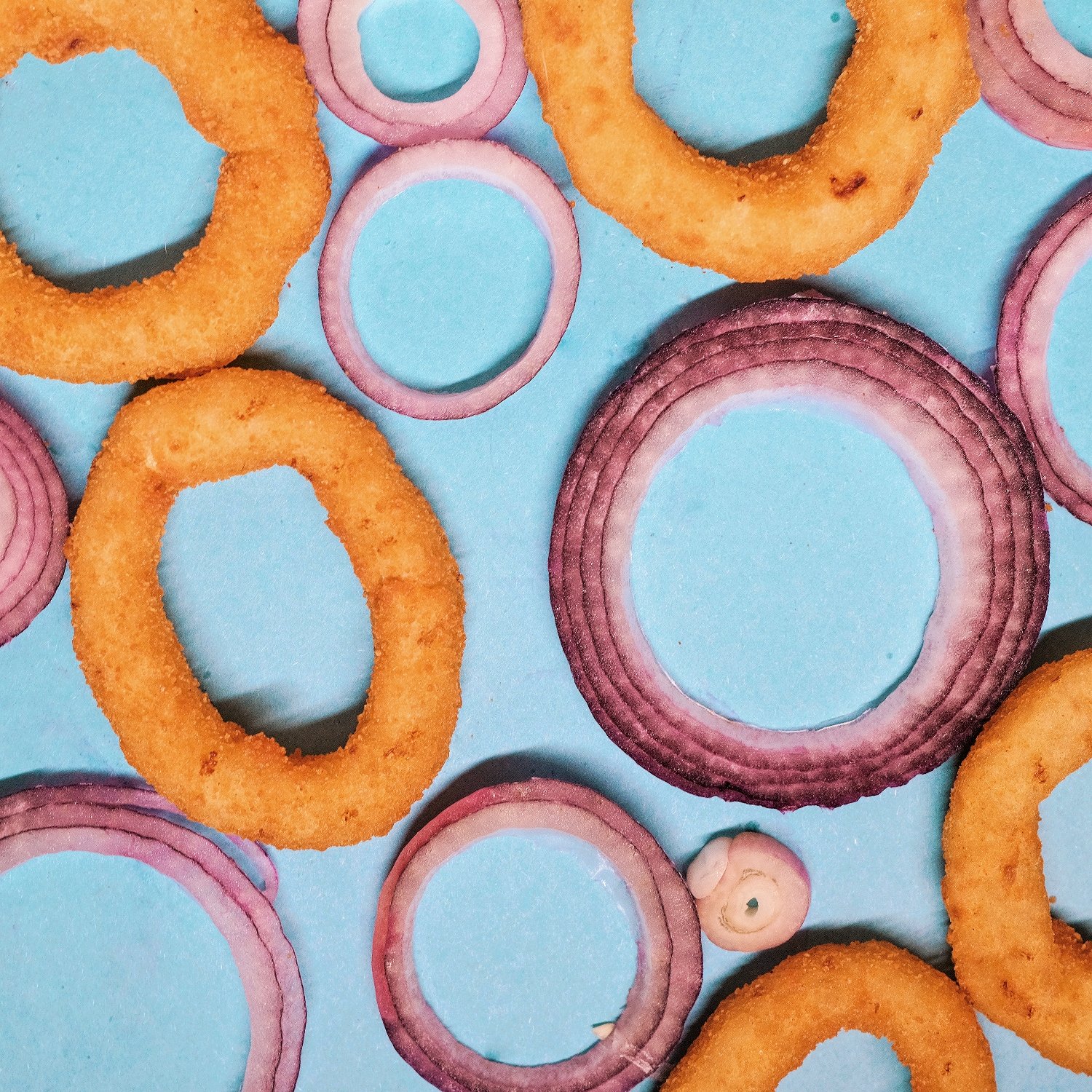

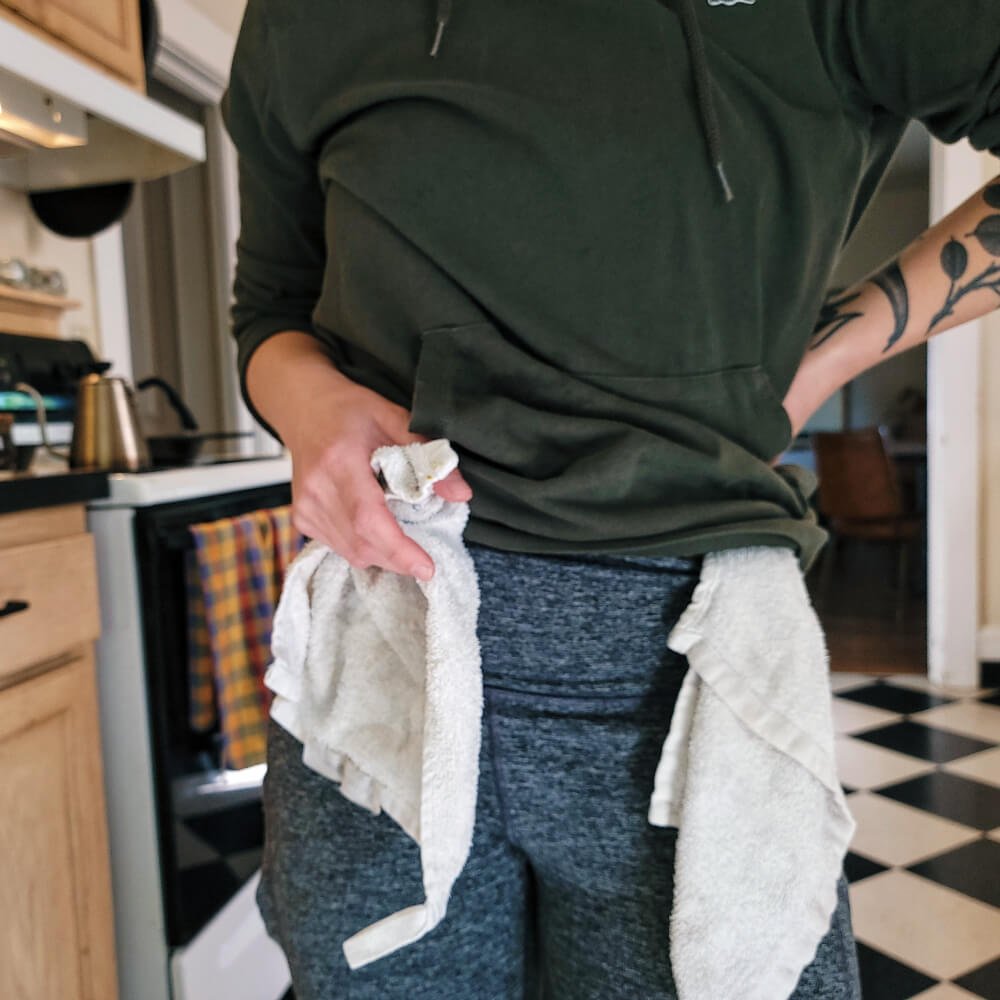






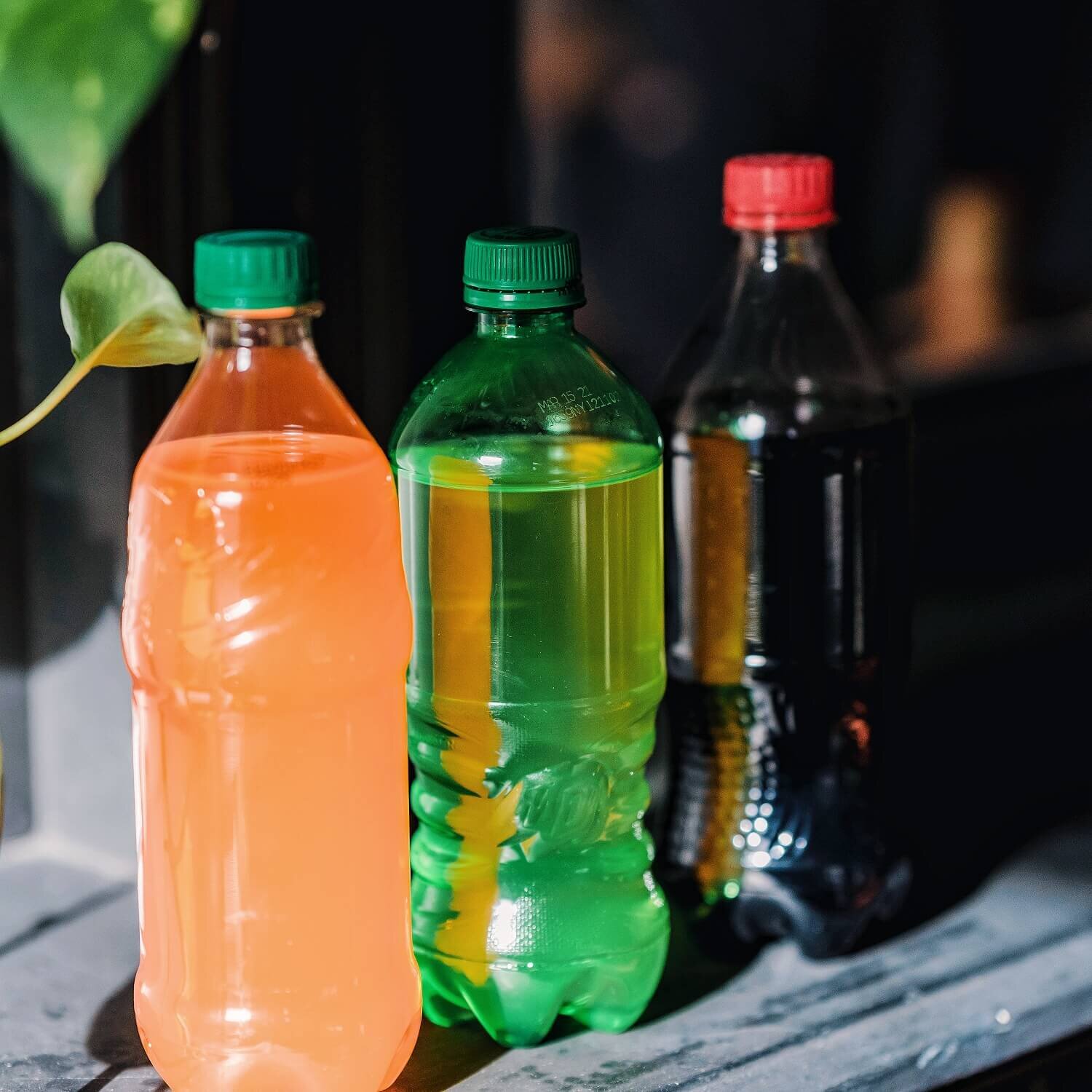
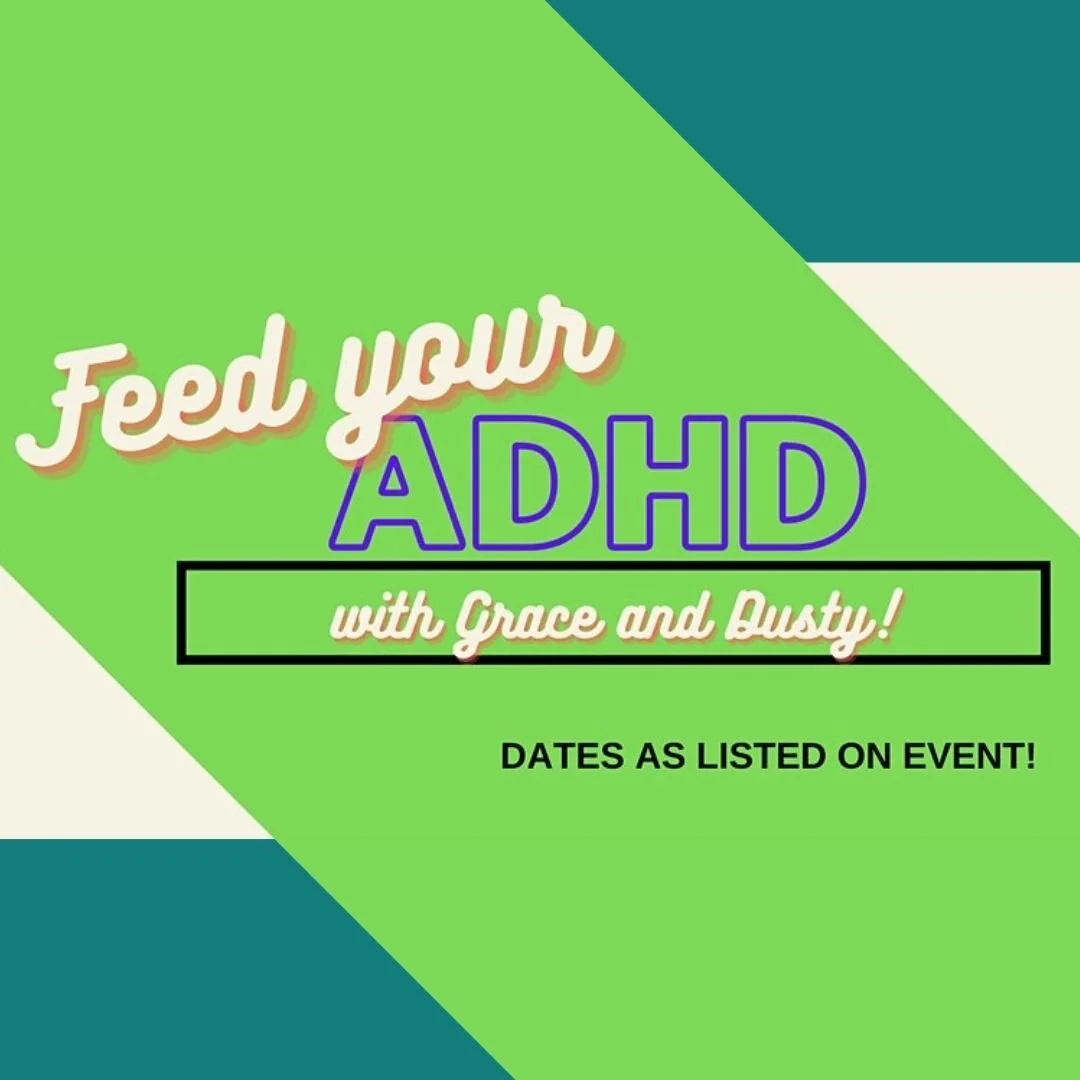
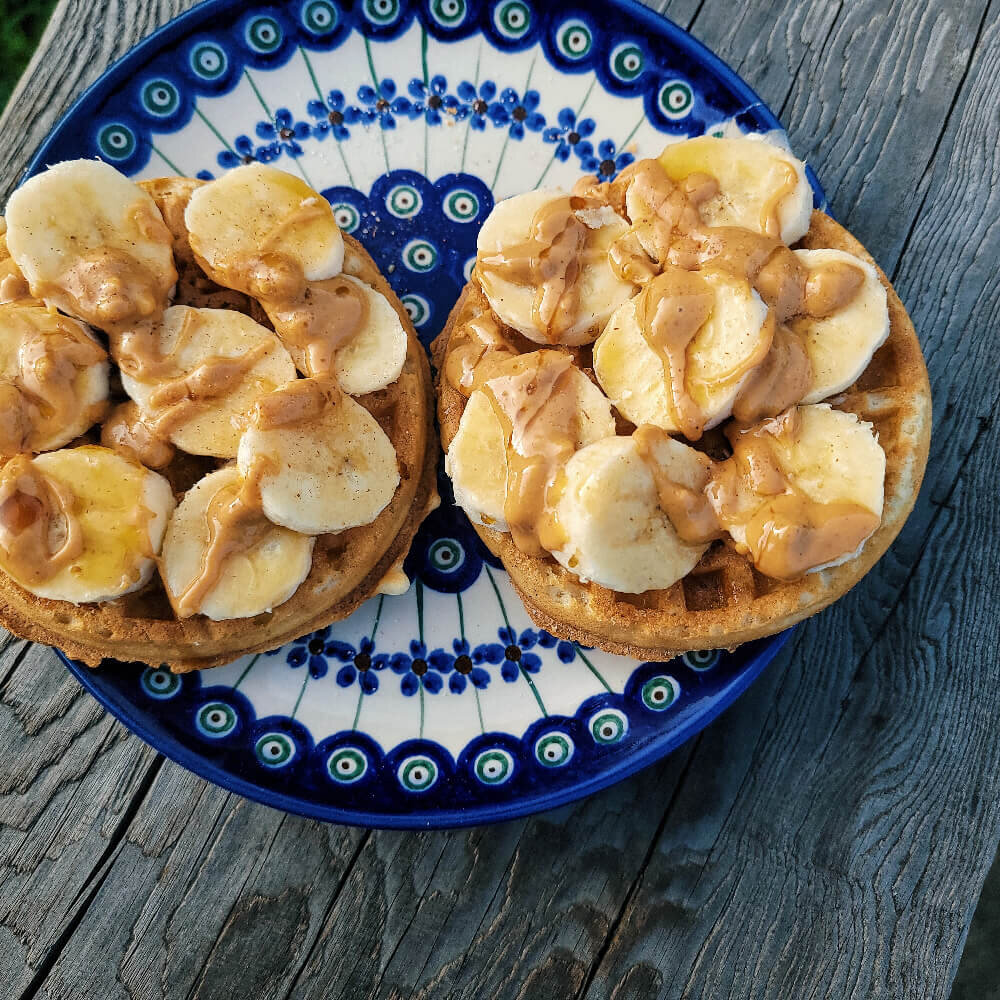
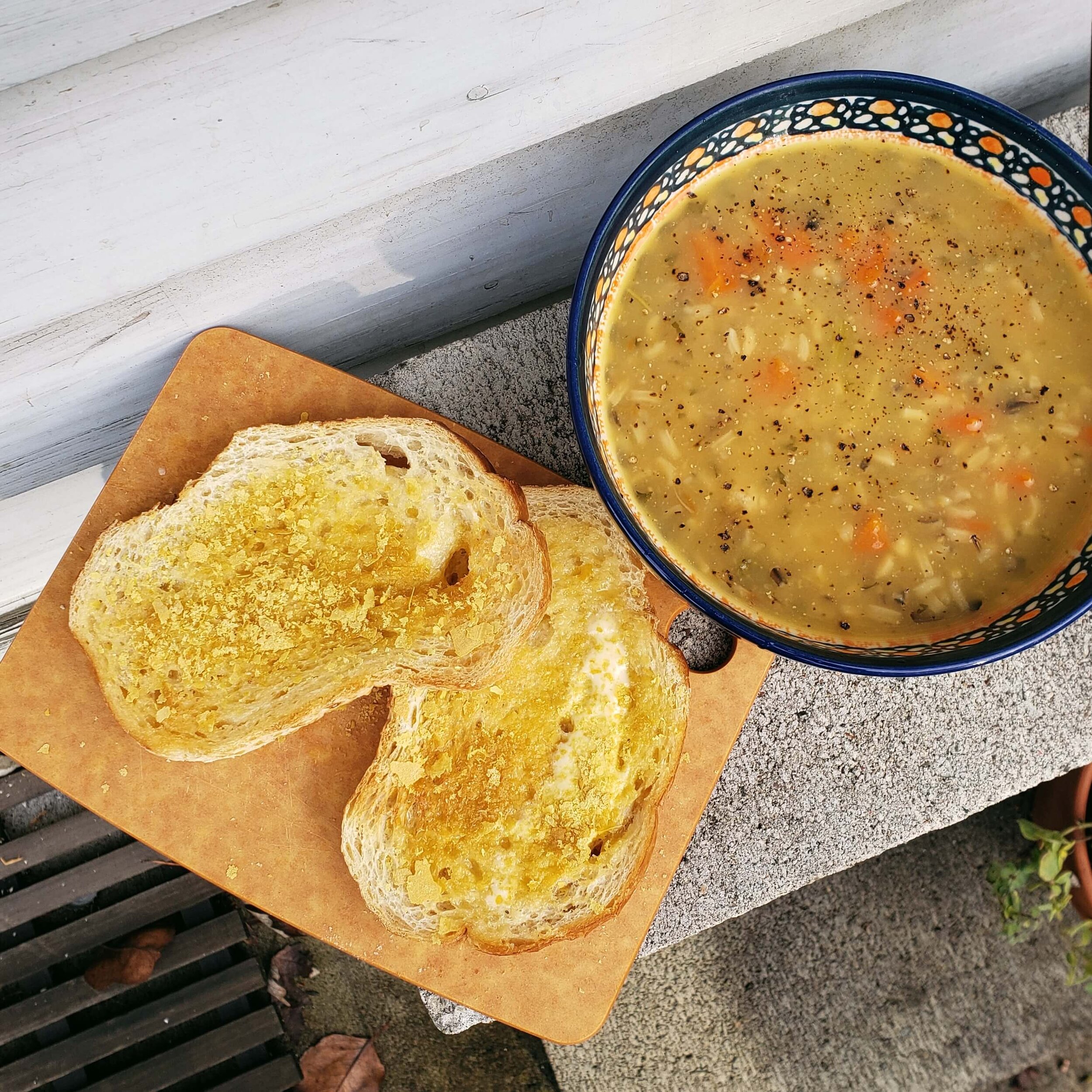
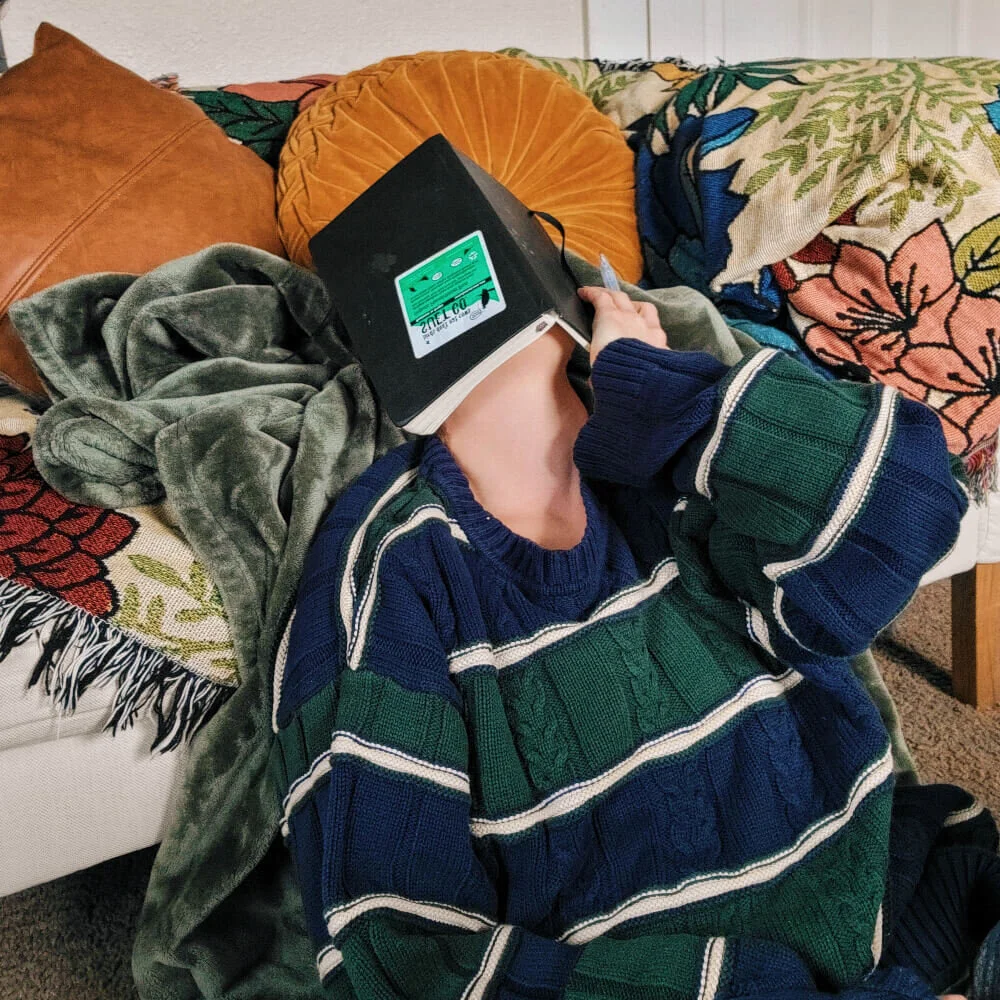







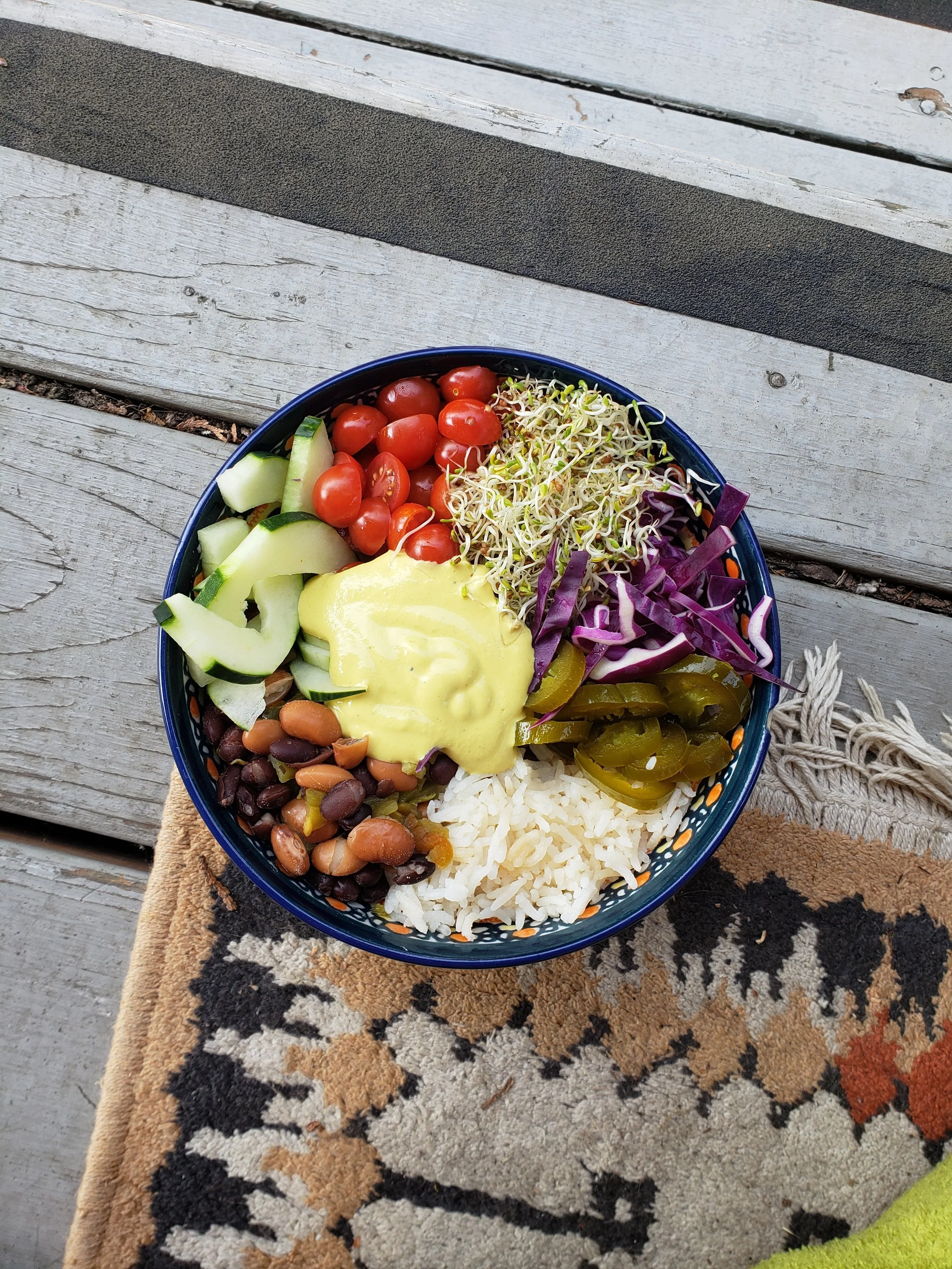
When the thought of cooking sounds absolutely soul-crushing, try some of these realistic ways to make it a lil bit easier.